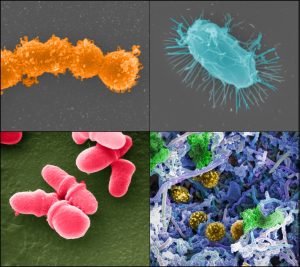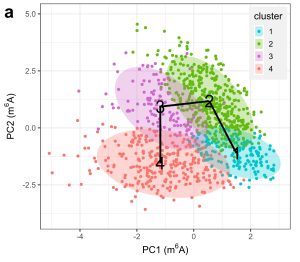06 Jun 2023
XJTLU reached another milestone in May, when the University entered the Essential Science Indicators (ESI) Top 1% for the first time in the field of Environment/Ecology. This is the fourth field in which XJTLU has entered the ESI Top 1%, following Engineering, Computer Science, and Social Science, General.

This means that the number of XJTLU’s citations in Environment/Ecology, as ESI defines the field, is in the top 1% globally compared to institutions also publishing in this field over the last ten years.
ESI is an interactive database integrated with Clarivate Analytic’s Web of Science platform that surveys more than 12,000 journals from around the world. ESI assesses the research performance of institutions, countries, journals, authors, and papers in 22 fields using several indicators, such as numbers of papers published, citations received, and citations per paper.
Increasing academic influence
Professor Johannes Knops, Head of the Department of Health and Environmental Sciences, is an expert in ecology. He says that on average the number of citations per paper by Environment and Ecology researchers at XJTLU has grown from 11 to 17 over the past two years, indicating an increasing impact internationally.
Professor Knops says: “In recent years, many outstanding young academic staff and PhD students have joined the Department. For young staff, developing a focus on research excellence -- a focus on quality, on research that has an impact – is critical to their careers. In our field and others, one way the impact of research is estimated is by the number of citations that a paper receives.”

“However, this is just the start,” he says. “This department will further improve and for this, we are working to build a free and active academic environment and prioritise the development of young academic staff. When coaching new academics, we work to help them develop a research career and make a smooth transition from their PhD and postdoc training into being independent researchers”.
“We work with them to develop research plans for their future and provide support for them to find their own direction. I hope that our colleagues find a balance between teaching and research, making progress and achieving excellent results in cooperation with other researchers.”

Research-led learning
Dr Zheng Chen and Dr Yi Zou, who joined the Department of Health and Environmental Sciences in 2014 and 2016 respectively, say that the ESI ranking is a recognition of the Department’s efforts and represents steady improvements in both the quantity and quality of papers published. They also express gratitude for the University’s support of their scientific research.
“The University has offered support and space for our research interests and the equipment needed, such as the outdoor research base and the field environmental and ecological observation bases that are under construction,” Dr Zou says.
“Environmental science is a collaborative discipline, so we need communication and cooperation with our colleagues. This is facilitated by many activities in our Department, like weekly academic meetings and coffee salons.
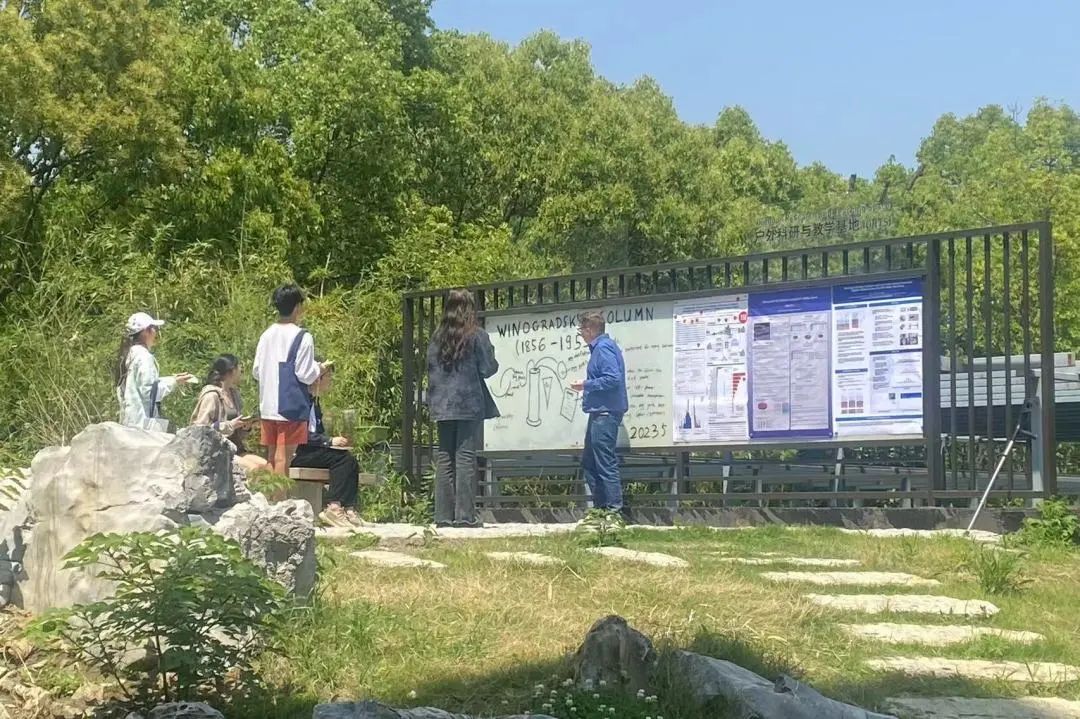
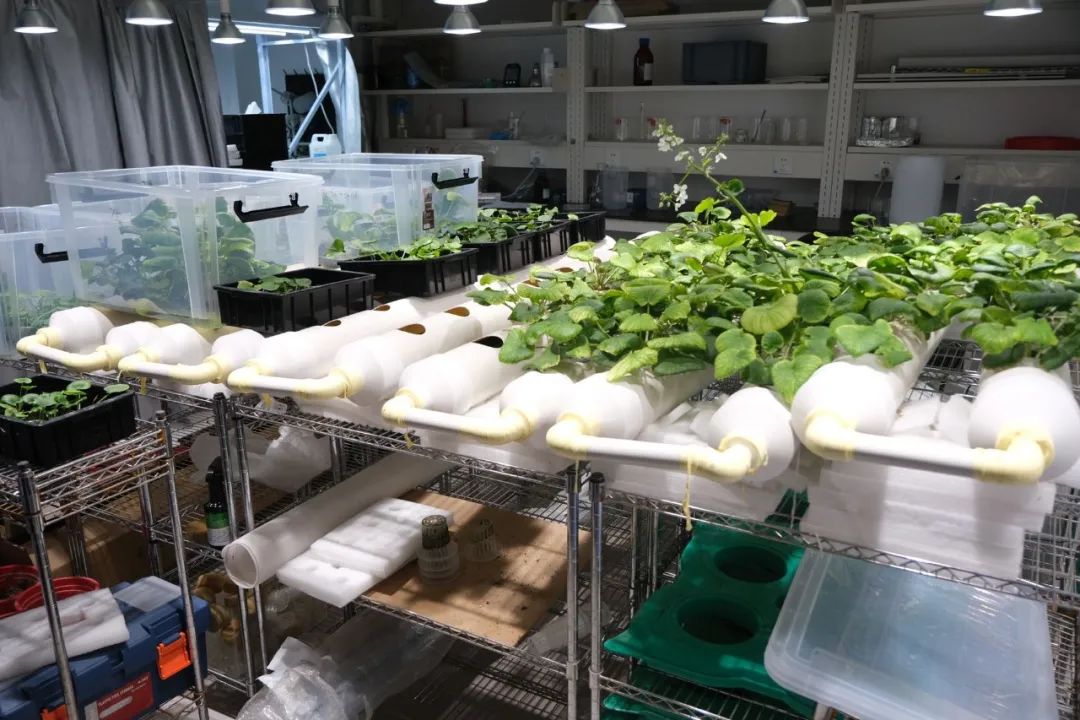
“We are inspired by learning about different projects and breaking the boundaries of our thinking by exchanging ideas.
“The Department promotes research cooperation between colleges and universities across the world.”
Dr Chen says that in terms of undergraduate education, the Department has truly realised research-led learning. Academic staff’s own scientific research experiences are integrated into teaching and field trips, and experiments have been introduced into many modules. This enables students to learn and master methods of scientific research through practical experience.
The PhD students in the Department are also outstanding, say Dr Chen and Dr Zou, actively engaging undergraduate and graduate students in research projects when they teach.
In addition, the Department has attracted students from other top universities in China to their exchange programmes. Changsheng Ma, a PhD student from Hunan University, shares about his learning experience at XJTLU this year.
“I have a lot of opportunities to communicate with teachers and students here, and the teachers are very approachable,” Ma says. “They tell me how to identify research problems and design experiments to tackle them.
“There is a positive academic atmosphere in the Department. Everyone is willing to share and cooperate. It helps me a lot.”
Xindi Zhao, who recently came to XJTLU from East China Normal University for a master’s exchange programme, also says she appreciates the Department.
“The atmosphere here is quite light and free, and the teachers are easy-going, like friends,” she says. “We can talk with them directly when we have questions. Being in such an open and friendly environment makes me feel comfortable and relaxed.”
XJTLU’s Department of Health and Environmental Sciences hosts BSc and MRes programmes in Environmental Sciences and will continue to provide an excellent educational and research environment for those who would like to explore the field of environment and ecology.
They work to develop professionals and experts in environmental studies and ecology with a global perspective and innovative capabilities, driving the discipline forwards.
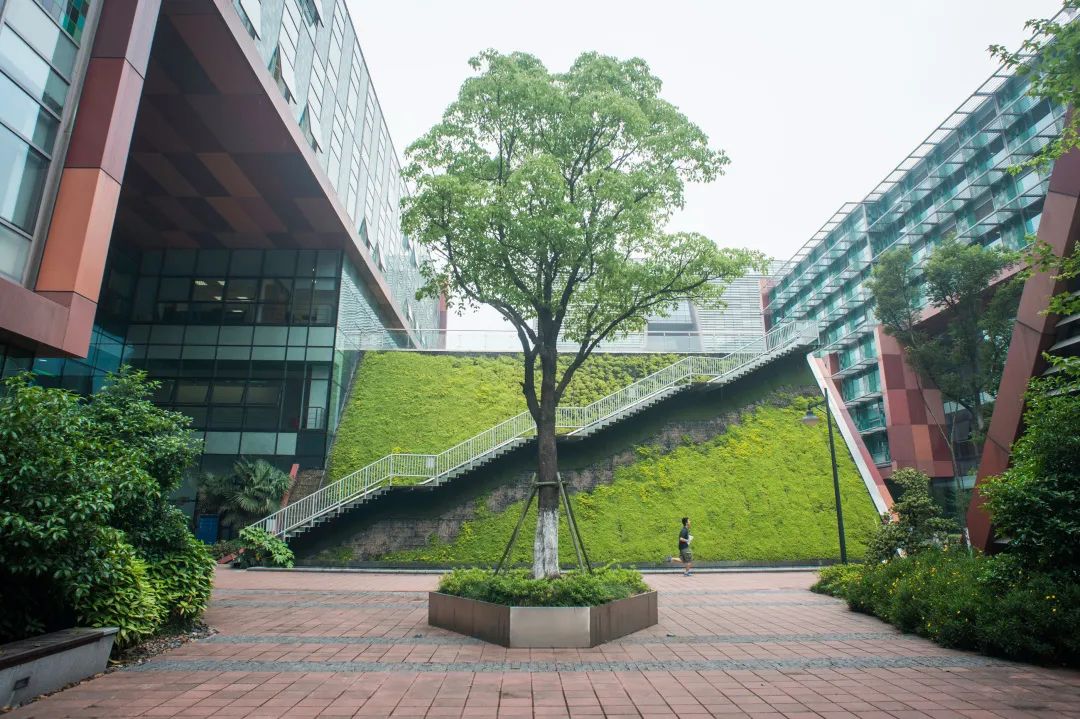
By Luyao Wang
Translated by Xiangyin Han
Edited by Catherine Diamond and Tamara Kaup
Photos by Luyao Wang
06 Jun 2023

